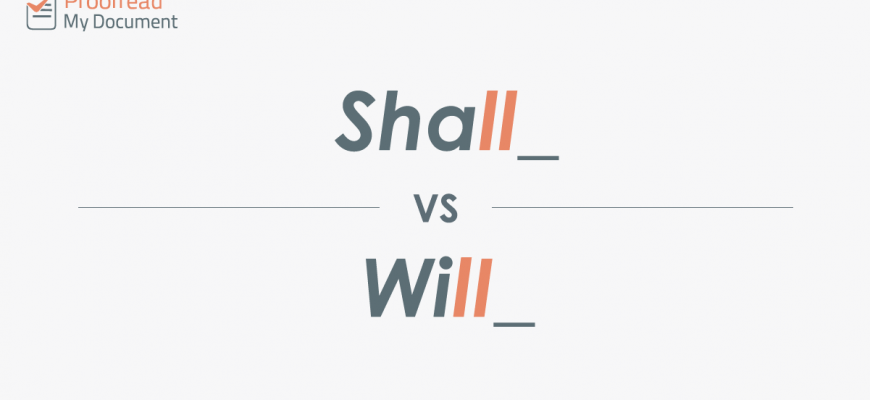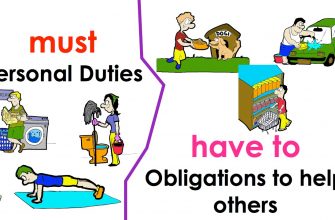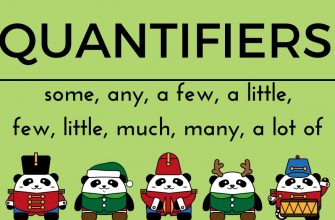Will is an auxiliary verb. This means that:
- we use will + infinitive: I‘ll be (or will be) at home next Saturday.
- will has a negative form: I won’t be (or will not be) at home next Saturday.
- we put will before the subject in questions: Will you be at home next Saturday?
- we use will in short answers: Yes, I will. / No, I won’t (or No, I will not).
Will – use
We use will to talk about things that we think will happen in the future.
- He will love your new coat.
- They won’t win this match.
Note that it’s common to use will with the expressions I think, I don’t think, I hope, etc. or also with I’m sure, I’m not sure, perhaps, etc.
- I hope they will arrive soon.
- I don’t think they‘ll win.
- I’m sure you‘ll be fine.
- Perhaps I‘ll be late.
We use will for promises or refusals.
- I will lend her the money.
- I won’t help you.
We use will when we make decisions at the moment of speaking (instant decisions).
- A: There’s no milk in the fridge. B: I’ll go to the shop to buy some more.
- A: This box is very heavy. B: Don’t worry. I’ll help you.
Shall I…? Shall we…?
We use Shall I…? or I’ll when we offer to do things for other people.
- Shall I make some coffee?
- I‘ll make come coffee.
We use Shall we…? to suggest doing something.
- Shall we go to the cinema? (=Do you want to go to the cinema?)








